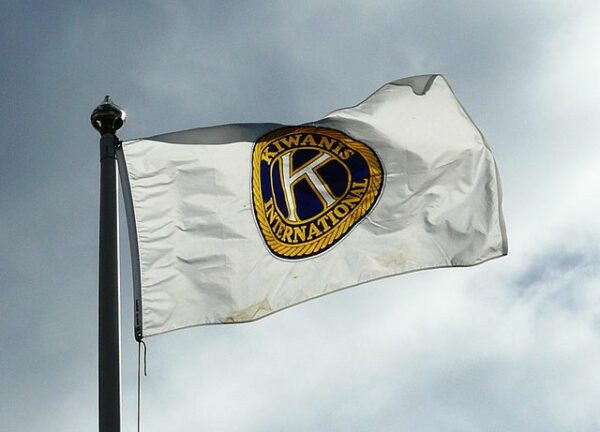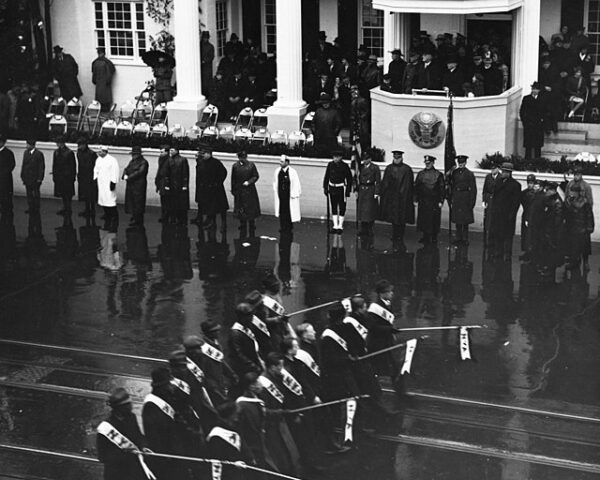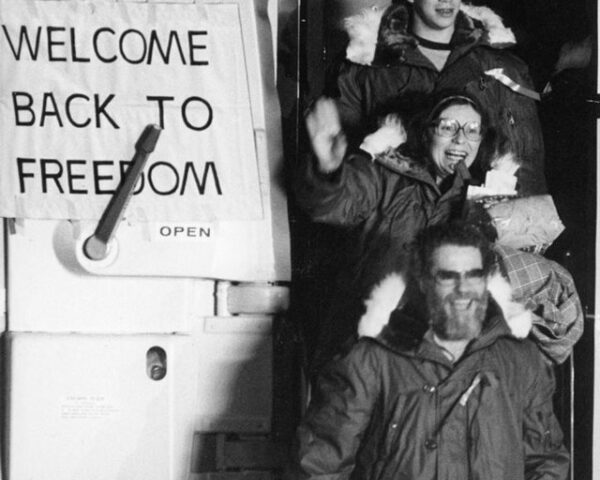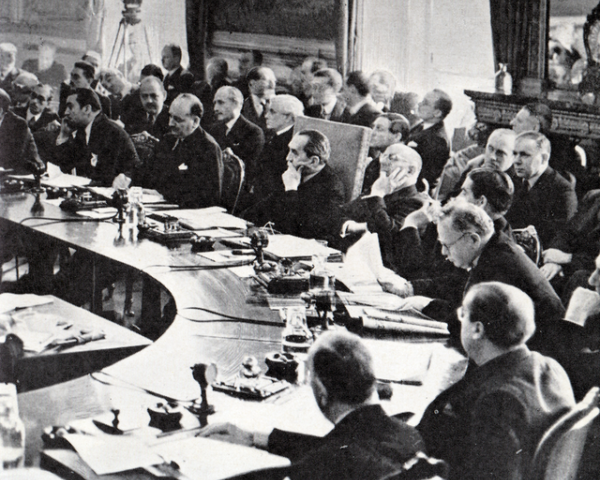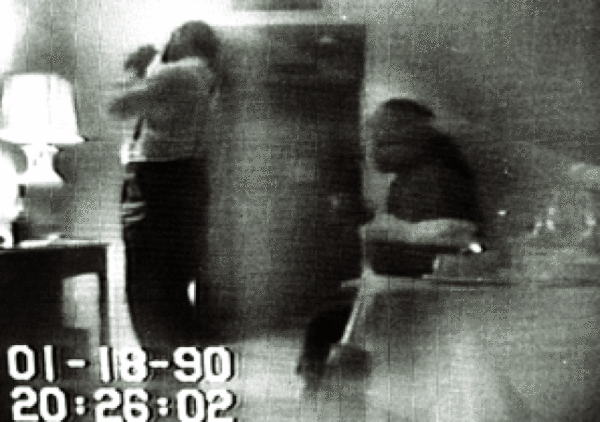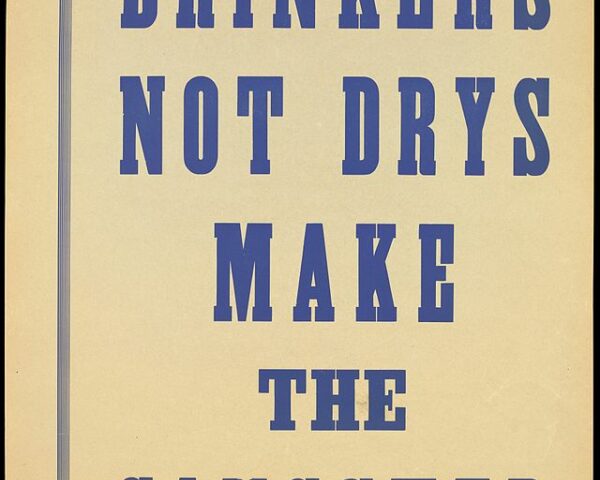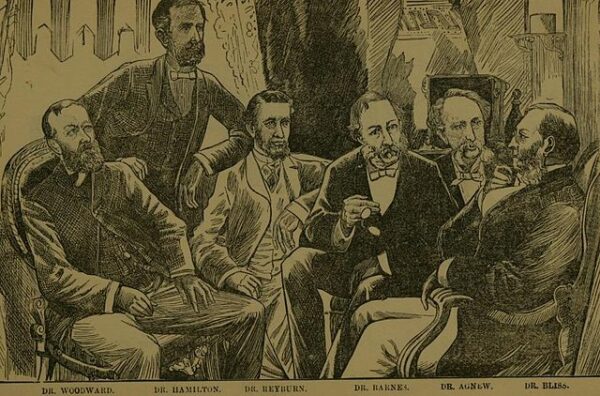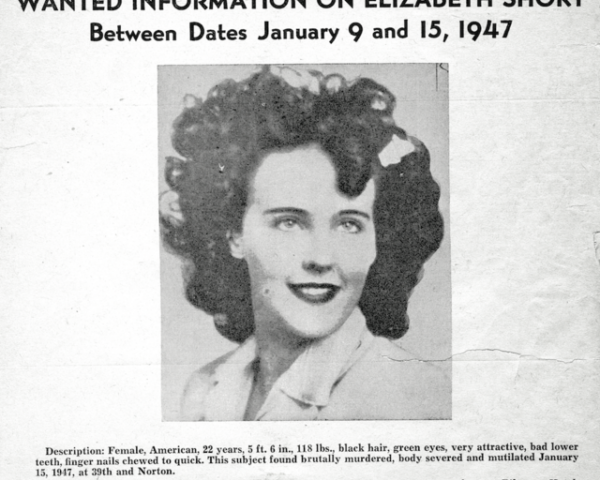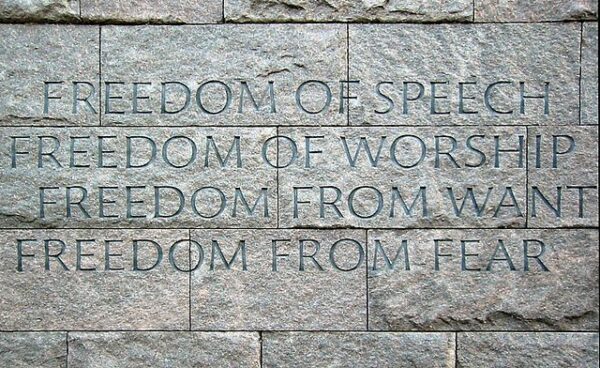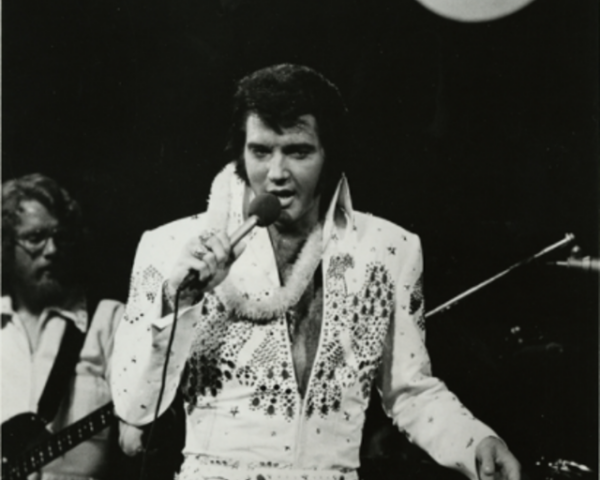On January 21, 1914, a group of businessmen in Detroit, Michigan, recognized the need for a civic organization focused on community service. Kiwanis International was born. The founding members, led by Allen S. Browne, established Kiwanis as an organization dedicated to community improvement and…
Read MoreOn January 20, 1937, Franklin D. Roosevelt and John Nance Garner began their second terms as President and Vice President of the United States. This marked the first time a presidential inauguration occurred on January 20, a change brought about by the 20th Amendment…
Read MoreThe Iranian Hostage Crisis was a significant diplomatic and political event that unfolded between 1979 and 1981, marking a period of heightened tension between the United States and Iran. The crisis began on November 4, 1979, when a group of Iranian militants seized the…
Read MoreThe United States Senate’s rejection of the League of Nations was a defining moment in American history, highlighting significant concerns over national sovereignty, political divisions, and the nation’s global role. Following World War I, President Woodrow Wilson championed the League of Nations as a…
Read MoreMarion Barry’s arrest on January 18, 1990, was a pivotal moment in the history of Washington, D.C. As mayor, Barry had long been a prominent and controversial figure, celebrated for his achievements and criticized for his personal scandals. His arrest for drug possession during…
Read MoreOn January 17, 1920, Americas beer taps went dry. On that day, The Volstead Act, officially known as the National Prohibition Act, passed by Congress a few months earlier, went into effect. The new law provided for the enforcement of the 18th Amendment to…
Read MoreThe Pendleton Civil Service Reform Act, enacted by Congress on January 16, 1883, marked a significant turning point in the history of the federal workforce. Prior to the Act, the federal government’s jobs were often distributed based on a system known as the “spoils…
Read MoreOn January 15, 1947, the lifeless body of Elizabeth Short, a young aspiring actress, was discovered in a vacant lot in Los Angeles. The details surrounding her death were horrifying—Short’s body was severed at the waist, and her mouth was slashed, earning her the…
Read MoreOn January 14, 1943, in the midst of a global war whose outcome was anything but assured, Franklin D. Roosevelt and Winston Churchill opened what would become one of the most consequential Allied strategy meetings of World War II: the Casablanca Conference. Convened in…
Read MoreOn January 14, 1973, Elvis Presley solidified his reputation as the King of Rock and Roll with the groundbreaking broadcast of his concert, Aloha from Hawaii, live via satellite. This remarkable event not only showcased Elvis at the height of his career but also…
Read More

